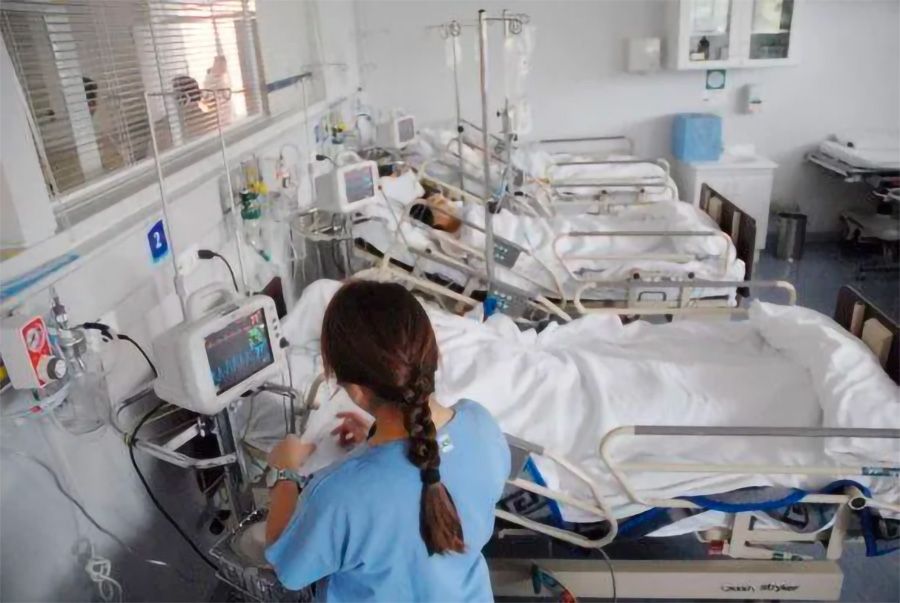Peruvian authorities in Lima have declared a 90-day nationwide sanitary emergency due to the “unusual increase” in cases of Guillain-Barré Syndrome, as reported in Lima. President Dina Booluarte’s decree will allocate around $3.27 million to improve patient care, strengthen control measures for case detection, and provide reports to the population and health personnel.
The emergency measures include acquiring intravenous immunoglobulin and human albumin, as well as conducting specialized diagnoses of the biological agents associated with the syndrome. Patients in critical condition will be transported by air-assisted means.
According to the document, at least one case of the syndrome has been reported in 18 out of the country’s 24 departments and one constitutional province so far this year.
The “unusual increase” of cases within a short period of time has a negative impact on the continuity of health services. The decree, published in the El Peruano (Official Gazette), warns that there are insufficient strategic resources to handle the volume and complexity of the cases in different healthcare facilities.
Health Minister César Vásquez requested the declaration of emergency on Wednesday, stating that “if the number of cases increases, there could be a lack of immunoglobulin.”
On June 27, Peru issued an epidemiological alert to intensify surveillance, prevention, and response actions in anticipation of potential cases.
Guillain-Barré Syndrome (GBS) is a disorder of the nervous system that affects the immune system, causing muscle weakness, paralysis, respiratory complications, and potentially leading to death.
According to Vásquez, the emergency decree will facilitate the work of the National Center for the Supply of Strategic Health Resources in acquiring 5,000 vials of immunoglobulin for the treatment of affected patients.
Since June 2023, there have been 182 reported cases nationwide. Of these, 147 individuals have been discharged, 31 remain hospitalized, and four have died.
What Causes the “Unusual Increase” in Guillain-Barré Syndrome (GBS)?
One likely candidate is Johnson & Jonhson’s Janssen COVID19 vaccine, codenamed Ad26.COV2.S.
According to one study, Reports of Guillain-Barré Syndrome After COVID-19 Vaccination in the United States by Winston E. Abara, MD1; Julianne Gee, MPH1; Paige Marquez, MSPH1; et al, a “disproportionate reporting and imbalances after Ad26.COV2.S vaccination was found suggesting that Ad26.COV2.S vaccination was associated with increased risk for GBS.
According to Ministerio de Salud, Peru approved the use of Janssen COVID19 vaccine in July 9, 2021 — the fourth vaccine against COVID-19 authorized for use in Peru after Sinopharm, Pfizer, and AstraZeneca.
They may not be informed of surveillance studies related to GBS and COVID19 vaccinations in Taiwan
South Korea (https://frontiersin.org/articles/10.3389/fneur.2021.820723/full…)
A recent comprehensive review paper Is there a causal nexus between COVID-19 infection, COVID-19 vaccination, and Guillain-Barré syndrome? has observed that:
From the data that can be looked up, the incidence of GBS following SARS-CoV-2 infection fluctuated from 0.12 per 100,000 person-years to 9.44 per 100,000 person-years [6, 8], while after receiving the Ad.26.COV2.S (Janssen) vaccine was 32.4 per 100 000 person-years [50]. It seemed that people were more susceptible to GBS when vaccinated...”



